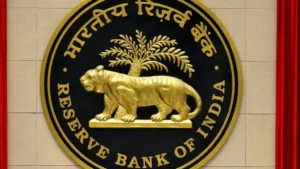In a significant move to enhance ease of doing business, the Securities and Exchange Board of India (SEBI) has abolished the requirement for issuer companies to deposit 1% of the issue size with stock exchanges before launching public issues of equity shares.
This decision, effective immediately, aligns with SEBI’s ongoing reforms to streamline market processes and minimize redundant compliance burdens. Previously, the 1% security deposit acted as a safeguard for resolving investor complaints post-issue, but SEBI’s circular underscores the redundancy of this requirement due to the evolving regulatory framework.
Past Framework: 1% Deposit as Investor Safeguard
- Initial Requirement: Companies launching public or rights issues were required to deposit 1% of the issue size with exchanges.
- Objective: The deposit ensured prompt resolution of investor grievances such as refund delays, non-allotment, or non-dispatch of certificates.
- Refund Process: The amount was returned to issuers post-completion of the public issue.
Current Changes: Simplified Public Issue Processes
- Consultation Insights: In February 2024, SEBI proposed scrapping the deposit, citing procedural advancements.
- Modern Mechanisms: Enhanced investor protection measures like ASBA (Application Supported by Blocked Amount), UPI payments, and mandatory demat allotments have mitigated earlier risks.
- Immediate Implementation: With these safeguards in place, the 1% deposit is deemed unnecessary.
Implications for Issuers and Investors
- Ease of Doing Business: Companies will benefit from reduced compliance costs and faster issuance processes.
- Investor Confidence: The current system ensures secure and efficient transactions, obviating the need for security deposits.



 PNB Announces ‘PNB Soldierathon 2026’ Ah...
PNB Announces ‘PNB Soldierathon 2026’ Ah...
 RBI Draft Loan Recovery Rules 2026: Key ...
RBI Draft Loan Recovery Rules 2026: Key ...
 RBI Digital Payments Index Soars to 516....
RBI Digital Payments Index Soars to 516....








